
Rauan: Why did you come back ???
Greg: I won’t have an answer to that question that I’ll like, at least not until I find some stability back here. Cambodia’s beautiful, warm, welcoming, collective, community-driven, adventurous, and so on. There are many magnets of ideas pulling you to stay, and you meet so many people who have stayed and after talking to them and hearing their story, you know, it makes sense. “Why go back to THAT?!” they say, referencing that capitalist hyper-consumerist society they once knew. One truthful reason I pulled away from the Kingdom of Wonder was to feel that reverse culture shock everybody talks about. That’s the selfish end. I also wanted to graduate from UW in person rather than digitally (we need to harness our tangible humanity when we can, no?), and I wanted to see friends and family, both in Maine and in Seattle, who I missed dearly. And Ethiopian food. There’s always that.
RK: You told me, in person, that it’s a great place for Westerners to visit. And then you mentioned Sex, Drugs and Food. So, let’s start with Sex. Can you please tell us about the sex culture and your personal experiences therewith?? (plz be as thorough as you can. gay/straight/trans. animals??)
my friend Greg Bem (poet, photographer, performance artist) spent about 9 months in Cambodia. He came back I guess for the adventure. And that’s why, I suppose, he’ll return. Also, we had Indian Buffet recently: Goat curry (which seems terribly mundane, in a way, though I can’t begin to tell you how crazy good it tasted), Tandoori Chicken and a bunch of desserts: Kheer, Kheer, Kheer !!!

me w/ desert / regaled w/ Cambodia
GB: There are a lot of stereotypes about Cambodia–Phnom Penh in particular–born from the even wilder situation in the ’90s. Certain things, like laws, for example, have been created to narrow down the dirtiest, nastiest side of the wild, but you can still find the wild in all the dark recesses. I found myself following in the shadow of Burroughs and Bowles and other brutal, masculine READ MORE >

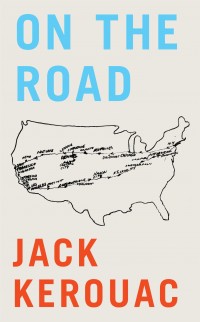
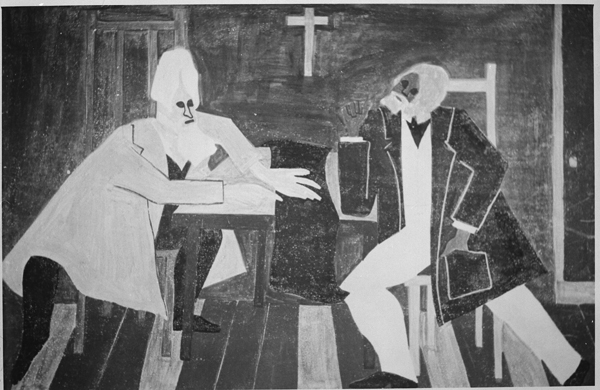
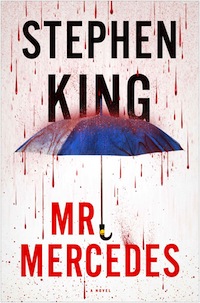 Mr. Mercedes
Mr. Mercedes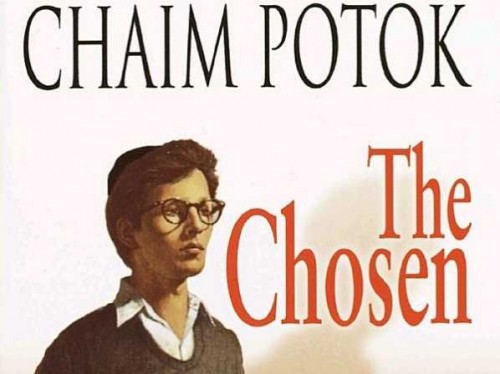

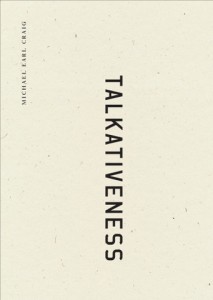 Talkativeness
Talkativeness